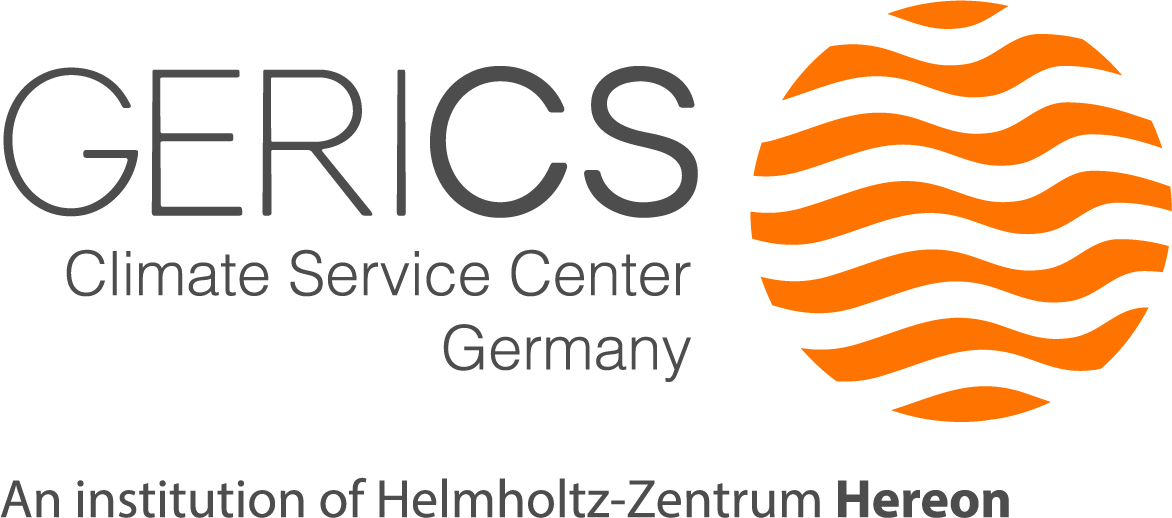Background

© istock/C. Boecki
The Climate Service Center Germany (GERICS) was initiated by the German Federal Government in 2009 as a fundamental part of the German high‐tech strategy for climate protection. Since June 2014, GERICS has been an independent scientific organizational entity of the Helmholtz‐Zentrum Hereon. The interdisciplinary team at GERICS develops scientifically based prototype products and services to support decision-makers in politics, business and public administration in adapting to climate change.
We are located in the historic "Chilehaus" in Hamburg and employ an interdisciplinary team of natural and social scientists. The total staff number is currently more than 80. The director of GERICS is meteorologist and climate scientist Prof. Dr. Daniela Jacob.
With the start of the fourth period of program-oriented funding of the Helmholtz Association (PoF IV) in January 2021, the Helmholtz-Zentrum Hereon has given itself a new scientific organisational structure. The center now comprises 15 institutes. It thus followed the recommendations of the scientific and strategic reviews of the Helmholtz Association over the past three years. At the same time, GERICS was given the status of a Hereon institute.
The area of coastal research in Hereon was also restructured and now comprises the three new institutes Institute of Coastal Ocean Dynamics; Institute of Coastal Systems - Analysis and Modeling; and Institute of Coastal Environmental Chemistry. With these three institutes and GERICS, Hereon is represented by four institutes in the Helmholtz Research Field Earth and Environment.
In the funding phase PoF IV, all centers of the Research Field Earth and Environment work in the joint program Changing Earth - Sustaining our Future. Within this program, GERICS is mainly working in the topic Coastal Transition Zones under Natural and Human Pressures (designated as Topic 4). In addition, GERICS is also involved in two other topics (Topic 1: The Atmosphere in Global Change and Topic 5: Landscapes of the Future).
A short video which describes more about how GERICS operates is provided below.
GERICS video
Think tank for climate services
Global climate change has different regional impacts, which are already noticeable today. We will have to adapt to these different impacts, and this poses a challenge to a range of different policymakers.
For example, politicians, public administrations and businesses are faced with questions such as: to what extent will cities have to improve their rainwater management with regard to future heavy precipitation events? What does a climate-adapted urban development look like? How can companies take into account climate change impacts in the frame of their process planning? How do climate change impacts affect increasingly global supply chains? These questions reflect the range of different information that decision makers will need in relation to climate change impacts.
GERICS functions as a think tank for climate services in order to meet these information needs. GERICS develops prototype products in the area of climate services and works in close cooperation with science and practice partners from politics, economy and administration. GERICS actively promotes networking between these actors.
GERICS offers in a scientifically sound manner products, advisory services and decision-relevant information in order to support government, administration and business in their efforts to adapt to climate change. The focus of our current activities is in the water, energy, and ecosystems sector, and cities.
For activities connected with adaptation to climate change highly resolved climate change information is needed. In order to provide local climate change information, GERICS is involved in the development of different models and methods.
